Here is a report on our Pad for Pad progress from 2015-16.
Target for the year 2015-16:
Our plan was to reach out to 4000 girls – half through sessions we directly implement with girls in our bio-region and half via implementation partners spread across the country. This is our actual progress:
| Target | Actual | |
| Number of girls receiving pad for pad kits | 4000 | 3640 |
| Number of pads distributed | 16000 | 13,676 |
| Number of education sessions (direct & with partners) | 135 | 111 |
| Contributions received (in INR) | 12,80,000 | 13,79,255 |
We were slightly under target in reaching goals for direct implementation mainly on account of unexpected flooding in our area in the monsoon months which interrupted school schedules and meant some schools were unable to allow sessions as they were behind on other academic targets. We slightly exceeded our target for outreach via partners and successfully realised our fundraising targets – primarily through the donations included in pad sales to international customers.
We welcomed 3 new institutional partners this last year (see our previous newsletter for more details about these partnerships) and look forward to a continuing relationship with them in the coming year.
New developments:
Research study into menstrual health practices:
“Having firmed up our menstrual health programme goals through a log-frame development exercise, we have a clearer vision of the kind of impact we are seeking.”
Not only are we looking to better understand the adoption to cloth pads from girls who previously used disposable sanitary napkins – our experience reveals that it is almost 100% of girls in our bio-region that use disposables, mainly on account of the government program which freely provides them to government school girls – we are now also seeking to understand much more about the impact of MHM (menstrual hygiene management) educational seminars which aims to promote healthy practices that extend to nutrition and personal hygiene practices.
Overall we are looking to see if the MHM awareness sessions we provide, give girls added knowledge that translated into increased confidence and skills to manage their period in a health and dignified way and to reduce any adverse affect that menstruation may have on school attendance.

We have been working with Dasra and research consultant Anna Schurmann to undertake a research study over 1 year to track this impact. As of now, we have completed a baseline survey and midline survey and the full study will be completed by the end of 2016 – a 1 year trial with 300 adolescent schoolgirls in the Auroville bioregion.


Completed the facilitators guide:
This has been a work in progress over 1 year and we are delighted to now have a user friendly facilitators guide for conducting a 1 1/2 hour introductory seminar into safe MHM practices.
This guide is freely shared and is appreciated for the clarity of information and structuring of topics to help new and experienced facilitators cover essential topics in a engaging and context relevant way.

Targets for 2016 – 17
As Eco Femme continues to see sustained growth in commercial sales which finance the pad for pad program, we are planning to expand reach even further this year. We intend to reach 6000 girls – 2,000 via direct implementation and 4,000 via partners organisations (existing and new).
We also have plans to conduct a training of trainers workshop in Auroville later in the year to support facilitators in developing skills and confidence to deliver menstrual health seminars as well as learn from a growing peer network of facilitators across India who share our mission of seeing menstrual health education become a valued part of school programmes. We will be sharing details about this in our next newsletter!

Finally we welcome Valli who has joined our team as a Pad for Pad programme coordinator.
Please feel free to reach out to valli@beta.ecofemme.org with any questions or feedback about this programme.
![]()


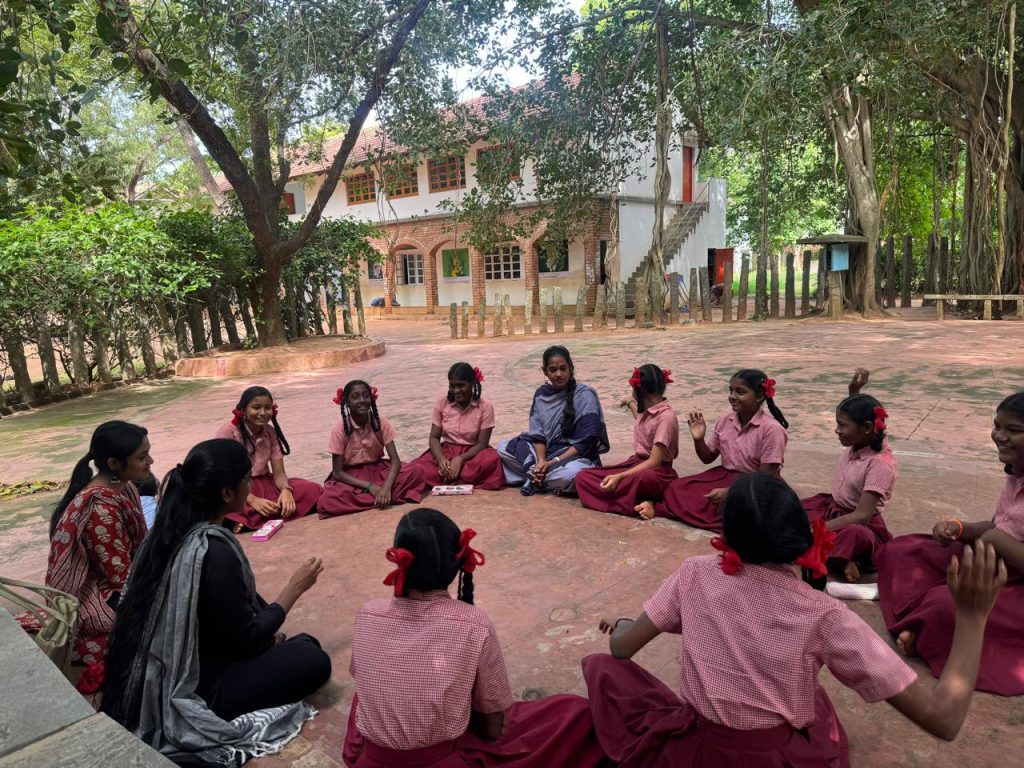
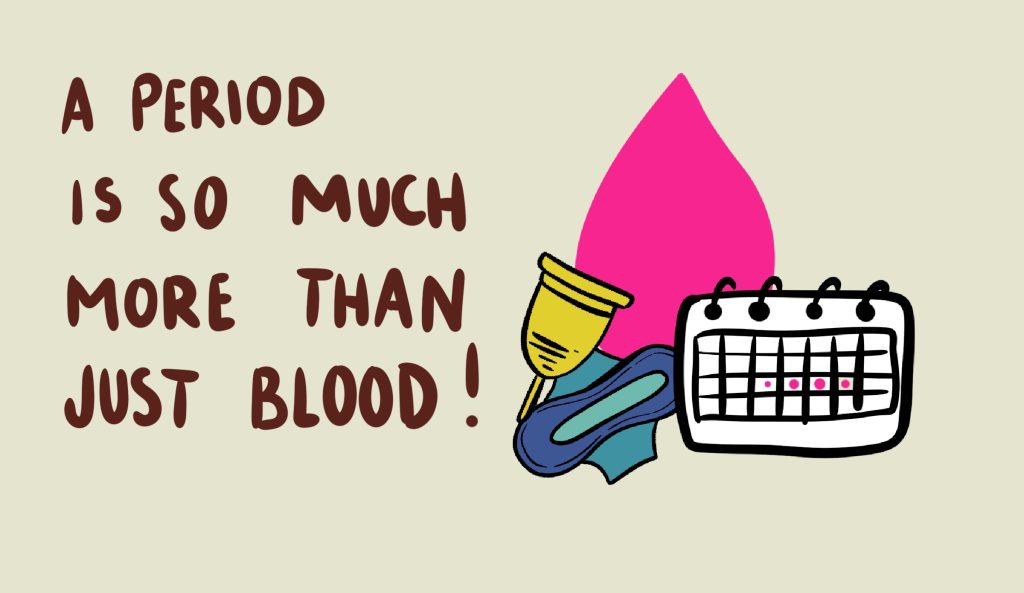
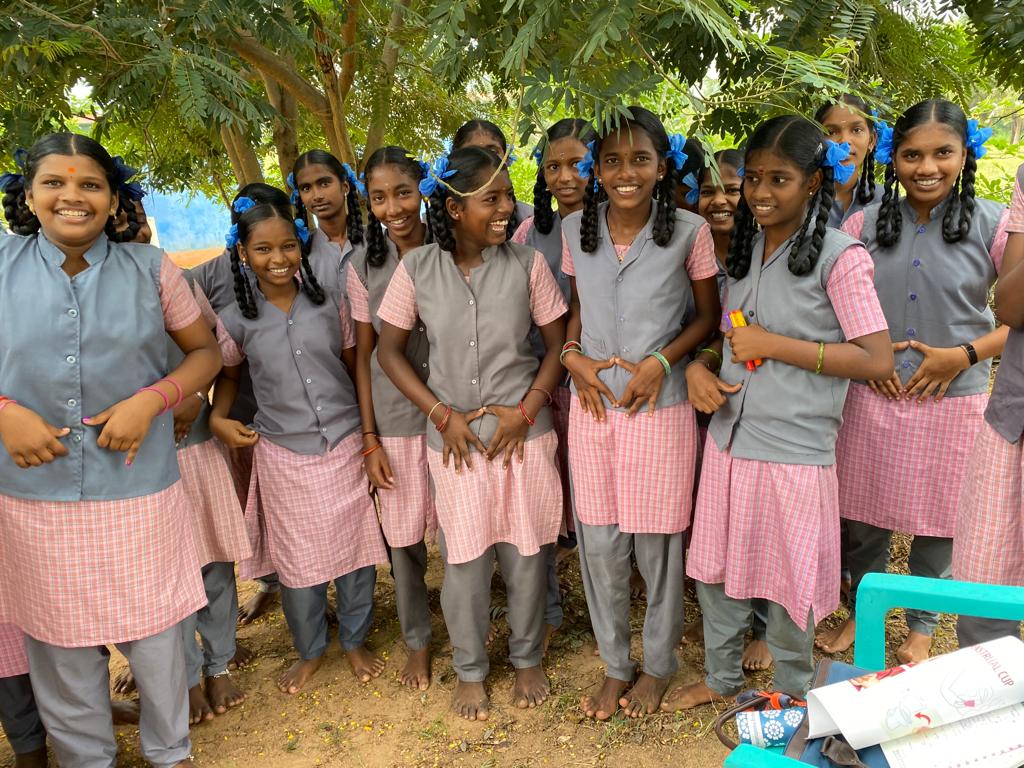
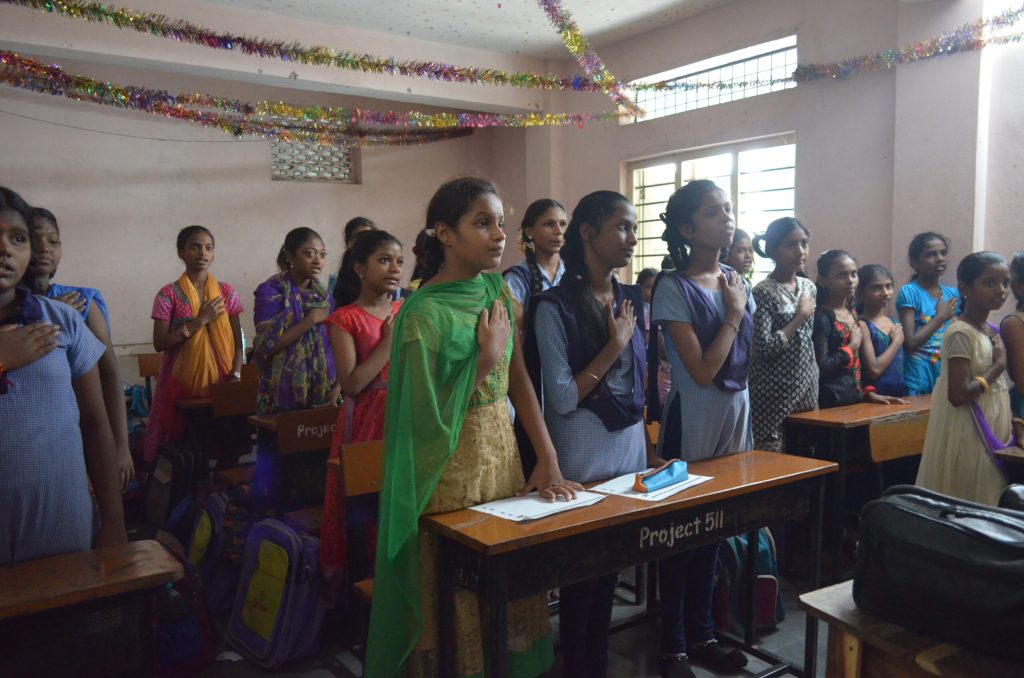
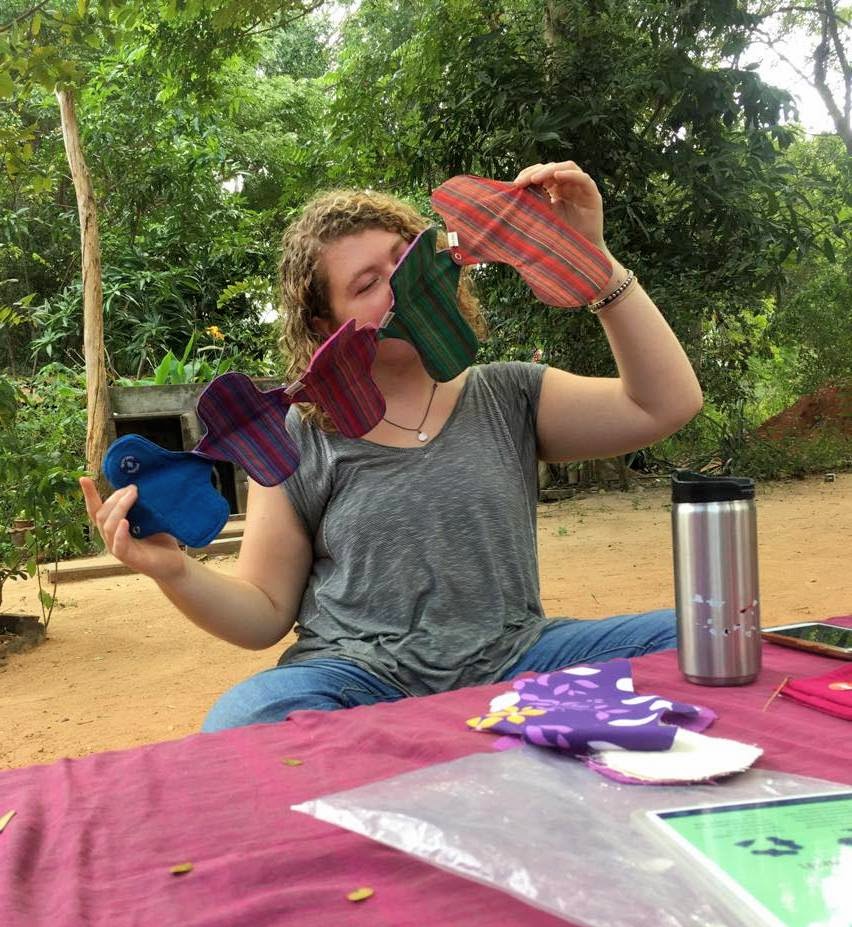
Comment (1)